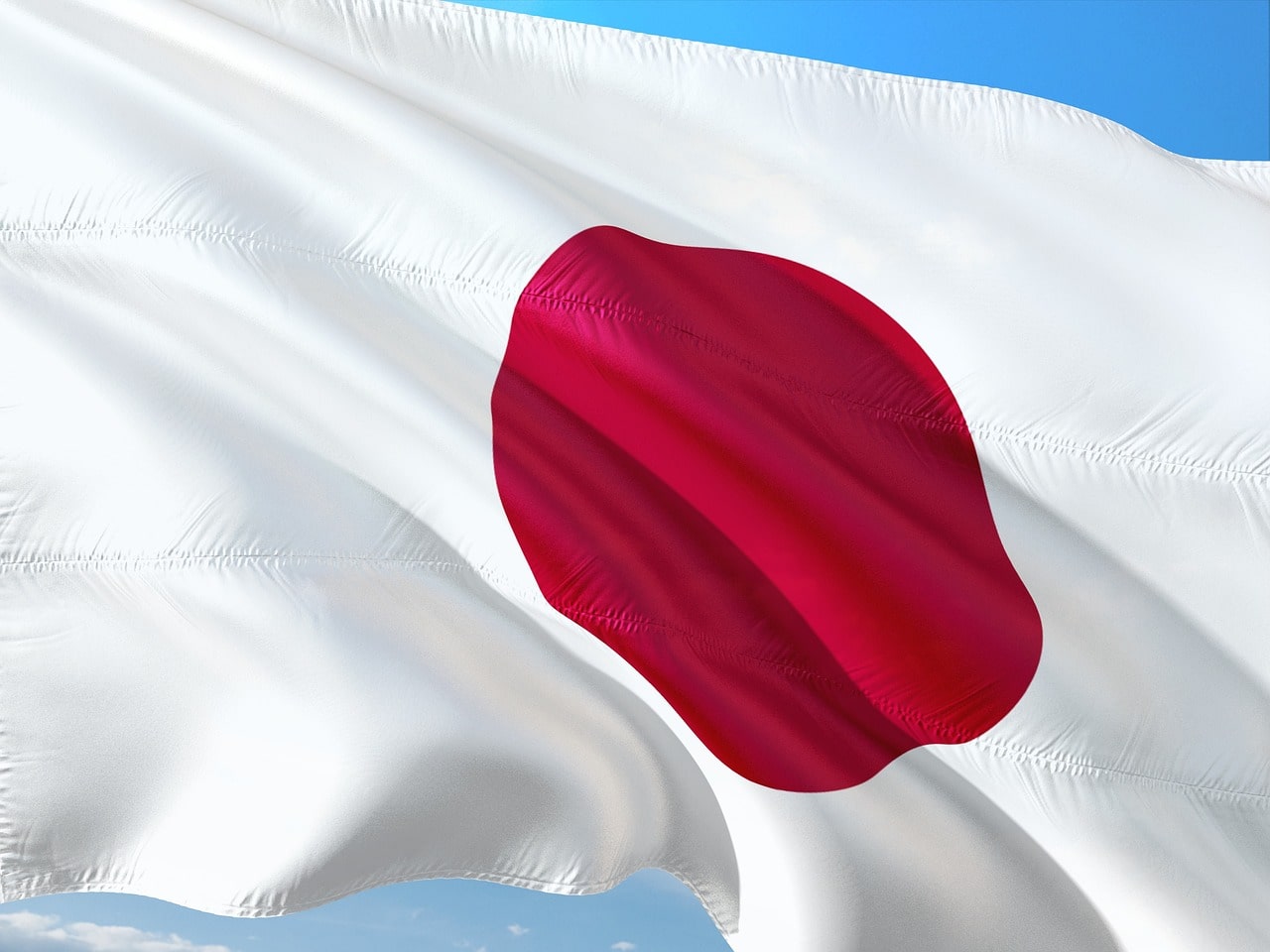At first glance, Japanese and Koreans may seem quite similar. Both countries share geographic proximity, physical features, and a deep-rooted history. However, despite these outward similarities, the reality is that Japanese and Korean people have distinct cultures, values, and behaviors that can lead to misunderstandings and conflicts, especially in relationships. In this article, we explore the significant differences between Japanese and Koreans and explain why it’s important not to confuse the two.
Cultural Differences that Lead to Tension in Relationships
One of the main reasons why Japan-Korea couples can face difficulties is the stark cultural differences between the two nations. Japanese people tend to value harmony, patience, and subtlety in their relationships. This can manifest in a preference for indirect communication and avoiding confrontation at all costs. On the other hand, Koreans are often more direct and expressive in their emotions, not hesitating to voice their opinions or address problems head-on. While these traits are not inherently good or bad, they can clash when partners have very different expectations for how issues should be communicated and resolved.
In many Japan-Korea relationships, the Japanese partner may feel overwhelmed by the intensity of their Korean partner’s emotions or find it difficult to keep up with their direct communication style. Meanwhile, the Korean partner may become frustrated by what they perceive as avoidance or reluctance to confront problems openly. These fundamental differences in communication style can easily lead to misunderstandings, emotional strain, and ultimately relationship breakdowns.
This is an article from a Japanese magazine. It’s in Japanese, but please use a translation tool to read it.
年々増加する日韓カップルの“悲惨な実態”「みんな日本人女性を軽く見てました」殴られ鼻が折れた女性も | 日刊SPA! (nikkan-spa.jp)
Different Views on Family Roles and Expectations
Family values also play a significant role in shaping the dynamics of Japan-Korea couples. In Japan, individuals are expected to contribute to the family unit, but there is a clear respect for personal boundaries and space. Japanese people often prioritize individual privacy and maintain a balance between personal and family responsibilities.
In contrast, Koreans place a strong emphasis on family obligations, with family ties often playing a central role in decision-making. It’s common for Korean families to expect close involvement in their children’s lives, especially after marriage. This can create pressure for the Japanese partner, who may not be accustomed to the same level of family involvement. Such differences in family expectations can become a point of contention, as one partner may feel overwhelmed or suffocated by the other’s family dynamic.
Financial Expectations: A Point of Conflict
Financial expectations can also be a source of tension in Japan-Korea relationships. In many cases, Koreans tend to expect their partners to contribute financially in ways that might not align with Japanese cultural norms. For example, in Korean culture, it is common for men to bear the primary financial responsibility for their families, including buying expensive gifts or covering most of the household expenses.
For Japanese partners, especially women, this financial dynamic may feel burdensome or even unfair. In contrast, Korean men might expect their Japanese partners to be more financially supportive, leading to disagreements about money. Without clear communication and mutual understanding of each other’s financial expectations, these differences can quickly escalate into a major issue in the relationship.
The Influence of Nationalism and Historical Tensions
The historical relationship between Japan and Korea also plays a crucial role in shaping the dynamics of Japan-Korea couples. Although it’s easy to focus on the present-day interactions, the deep-rooted historical tensions between the two countries—stemming from Japan’s colonization of Korea in the early 20th century—still influence how Koreans perceive Japan and vice versa.
In Korea, nationalist sentiment and anti-Japanese education can sometimes create underlying biases that affect relationships with Japanese people. While this doesn’t mean that all Koreans hold negative views of Japan, it’s not uncommon for historical grievances to surface in discussions or arguments, especially when the relationship faces challenges. These historical perspectives can create a divide, where the Korean partner may harbor lingering resentment or cultural mistrust, which the Japanese partner might not fully understand or feel is relevant to their personal relationship.
Appearance vs. Reality: Don’t Confuse the Two
Despite their physical similarities, Japanese and Koreans are culturally very different, and these differences should not be underestimated. While it may seem easy to group both nationalities together due to shared Asian heritage, doing so overlooks the complexities of each culture’s values, communication styles, and societal expectations.
Japanese people are often more reserved, cautious, and focused on maintaining harmony in their relationships, while Koreans tend to be more passionate, expressive, and willing to engage in direct conflict to solve issues. These differences can create friction in cross-cultural relationships, leading to misunderstandings and emotional disconnection if not properly addressed.
Conclusion: Understanding the Differences is Key
Japan-Korea couples face unique challenges due to the significant cultural differences between the two nations. While the physical appearance of Japanese and Koreans might be similar, their cultural values, communication styles, and views on relationships are quite different. These differences, if not properly acknowledged and managed, can lead to misunderstandings and relationship issues.
For those in Japan-Korea relationships, the key to success lies in understanding and respecting each other’s cultural backgrounds. It’s important to remember that what works in one culture may not work in the other, and navigating these differences with patience and openness is crucial. While there are undoubtedly challenges, with the right approach, it’s possible for Japan-Korea couples to build strong, lasting relationships based on mutual understanding and respect.









Comments